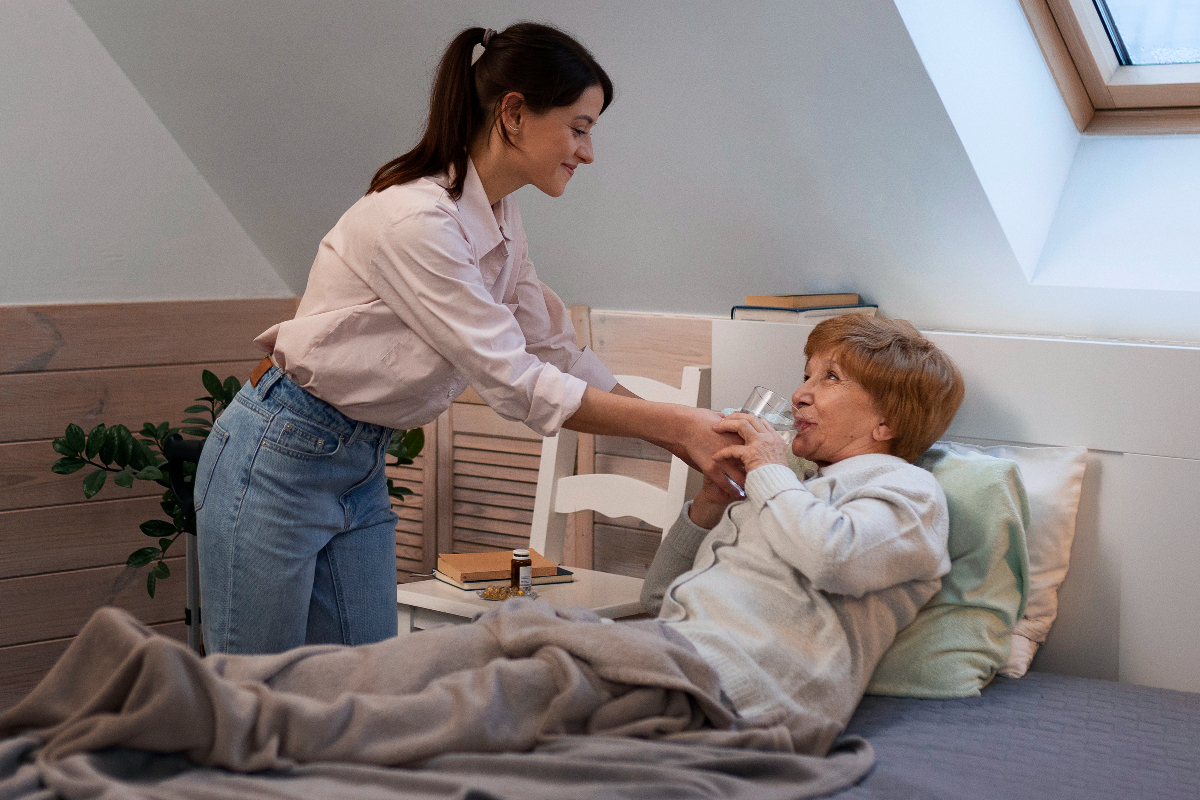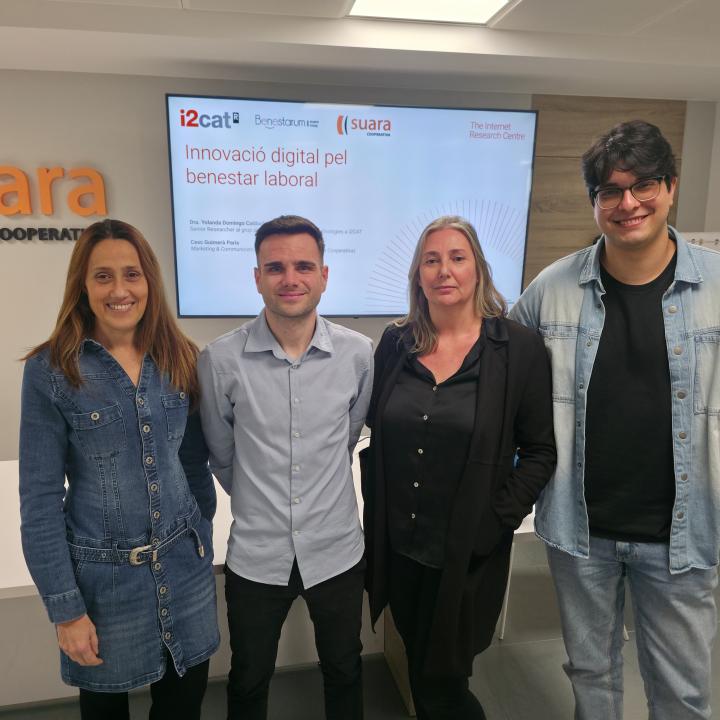Far away is or should be the imaginary of a family composed of a young father and mother or that of a woman taking care exclusively of family members or the closest environment.
In the 21st century society must be made up of diverse families, who should be able to develop their vital projects under equal conditions. However, according to a recent report by the State Federation of Lesbians, Gays, Trans, Binaries, Intersexuals, plus (FELGTBI+), the families of the collective earn 18.69% less than the rest of the Spanish state
The wage gap between people who migrated and those born in Spain is also worrying: it amounts to 37%. In addition, it must also be remembered that, in the case of women, they are also seriously affected by intersectionality and are often excluded from the labor market simply because they are women, a reality that is even more accentuated in the case of 'those of diverse cultures, origins, orientations or entities.
Precarity is also fierce for single-parent families, nearly two million in Spain and in 90% of cases supported by women. On the other hand, a quarter of these are Mileuristas and a third are unemployed.
Therefore, from Suara Cooperativa we demand that the relevant measures be put in place to address these realities in order to end these inequalities between the different models of diverse families. Any person, regardless of their reality and diversity, must be able to develop their family project under equal conditions.
Responsibility in care
Another issue we see with concern is how, in most cases, it is women who assume the full role of the family burden, so they have to give up their life and/or work projects.
In addition, with the aging of the population at the same time as the age at which women have their first maternity has increased, this has led to the appearance of what is popularly called the sandwich woman, who is in charge of care tasks or accompanying two or more family members such as parents and children.
In this context, for the most part, if work allows it, we are the women who readjust our work schedules by leaving school, accompanying the father or mother, the doctor or the attention of a person from the dependent family. This means that we often have to give up our professional career or have more complications in moving up in the workplace, since this situation makes it difficult for us to take on positions of responsibility or leadership.

Beyond giving up working life, also that we can carry out our life project, since, between work and caregiving tasks, time for ourselves is reduced. This can undoubtedly end up affecting the emotional, psychological and physical well-being of many women. In addition, in general, it also ends up harming the family as a whole, since the woman cannot devote quality time to them, for example, for education or leisure, which goes beyond duties that require the stains of parenting, care or accompaniment.
A situation that is usually aggravated in the case of those women who take care of a family member in a dependent situation. In this context, in Catalonia there are around 97,000 non-professional carers, of which 80% are women aged between 51 and 70 who dedicate around 14.6 hours a day to caregiving tasks without receiving any benefits.
According to a report from the Department of Social Rights, 80% do not feel free and 60% are tired. In order to be able to offer support and resources to these women, as well as to the family member who has their position from Suara Cooperativa, we have opened the Aliura portal, the first portal of the Catalan branch.
For all these reasons, from Suara Cooperativa we believe that it is essential that there is a work and family reconciliation policy that guarantees the co-responsibility of care work between men and women, so that they are not the ones who always have to give up the their work and life projects.
For all these reasons, this May 15, International Family Day, we demand that all relevant measures be put on the table to guarantee the existence of plural and diverse families; as well as promoting a real and effective co-responsibility around people's care and, with this, the fact of having a family does not end up becoming a burden for many women that locks them into a reality where they cannot materialize their projects or dreams.
Maria Perera
Technician in the People area, Member of the Equality Commission and Member of the LGTBQ+ Harassment Attention Commission




